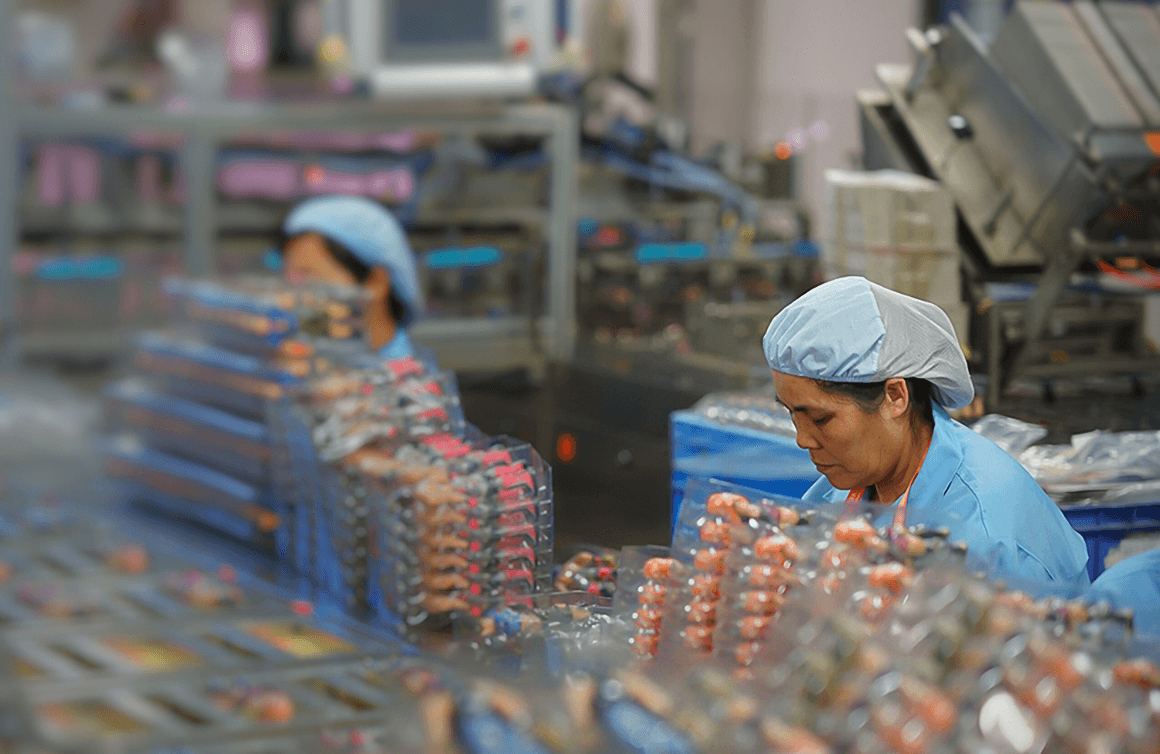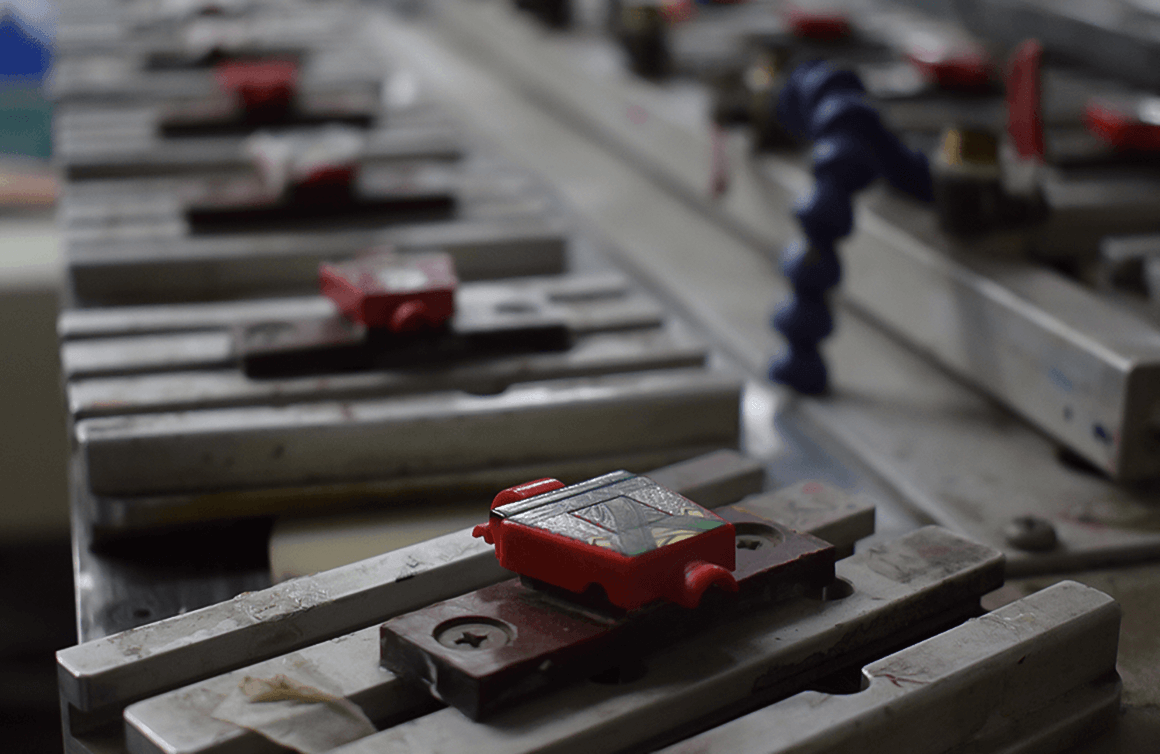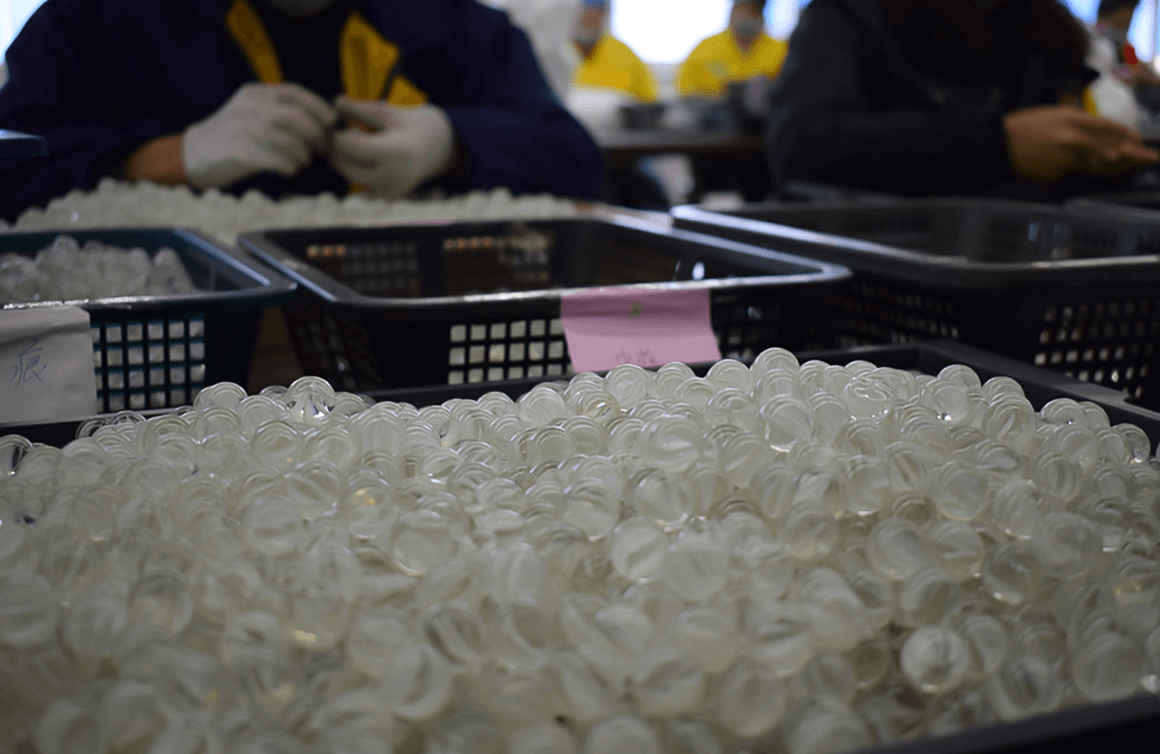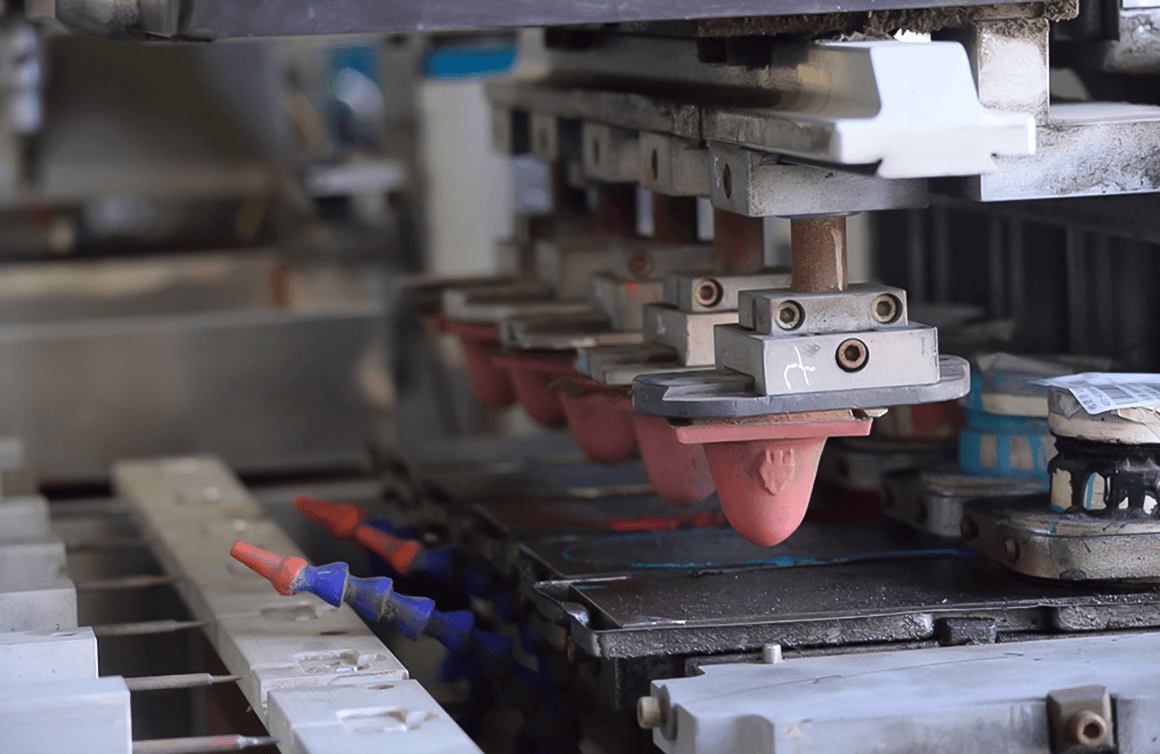Tell us about the work of the ICTI Ethical Toy Program.
We have a clear mission: the protection of workers’ rights through the ethical production of toys.
We’ve established a set of factory standards that inform toy production with the explicit goal of protecting workers. Toy manufacturers around the globe join our program to ensure the rights of their workers are protected. This gives licensors, buyers, brands, and consumers peace of mind in their decision to purchase toys from our partners.
The toy industry is high-profile and heavily regulated; the products are destined for children, after all. It’s also a unique industry in that it’s very seasonal, fickle, and trend-oriented. A toy that is hot now might fizzle-out in a couple of weeks or experience a sudden spike in demand. This results in a high-risk supply chain and puts a huge amount of stress on factories and their workers. The ICTI Ethical Toy Program’s set of standards ensures worker’s rights aren’t put at risk by that environment.

What issues are at stake for workers employed by toy manufacturers?
Increased hours in response to product demand is a major concern. We ensure workers aren’t overworked, and are paid for their work and their overtime. We also ensure that overtime is voluntary. No one should be forced to work if that is not their choice. Factories are aware of the importance of the work environment they create. Turnover costs them money in lost labour hours and training. They don’t want this burden. Partnering with us is an advantage for them because it helps retain existing workforce and attract new workers.

How has the role of the organization changed with increased globalization of toy production?
We have 1,200 factories in our program; 90% are in mainland China. They are the major player in toy production, particularly electronic toys. As outsourcing of toy manufacturing expands to regions such as India, Vietnam, and Indonesia, we have also moved into those locations. Workers in these countries have expertise in stitching gained from working in the garment industry; this is attractive to manufacturers of plush toys.
One of our strengths is that we have local experts on the ground to manage our manufacturing partners. We provide support to workers, manufacturers, buyers, and brands very quickly to resolve challenges as they surface. Local presence allows us to conduct regular unannounced factory audits to ensure compliance with our standards. We also have a telephone helpline for workers. Individuals can contact us to get information about the program and to report infractions. This also allows us to understand the situation in factories who are not yet part of our program. It provides an opportunity to identify issues and help workers in non-partner factories.
We’re also using technology to improve labour standards. Audits are incredibly effective, but they are just a snapshot in time. We are now investigating how technology can help us. For example, it might be possible to use information gained from data collected in the factory, such as how long a piece of equipment has been running, to understand hours being worked in real time. We are also launching Worker Voice technology in 50 factories supporting over 50,000 workers. It’s the first step in a long journey to working collectively to understand the day-to-day concerns and needs of factory workers. Technology could really change the way we operate in the future.

How does the Program deal with a factory who was compliant (certified) but on re-audit is no longer?
We classify issues based on severity, from Zero-tolerance to Minor. Any zero-tolerance issue – such as child labor, hidden workers, falsified records – results in immediate termination from our program and the updated status is listed on our website. Buyers using our Connect system are automatically informed. For less significant issues, the factory is given time and support to remedy the problem and, once we’ve verified the issue is corrected, they can retain their certification. There are time limits set on this. We are the only specialist toy program that actually terminates factories who fail to meet our standard.

What actions can consumers take to support your work?
The Ethical Toy Program is not (yet) a consumer-facing brand. For now, I suggest that consumers visit our website to see which toy brands work with us. If they do not see their favourite brand there, they could email the CEO of that organization and ask them why not and to share what they are doing to ensure their products are produced ethically.

Learn more about the work of the ICTI Ethical Toy Program on their website.








